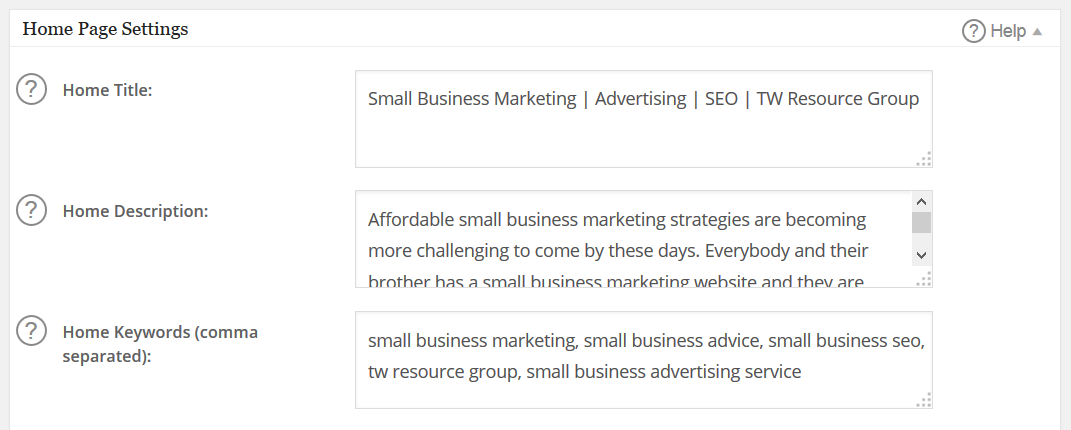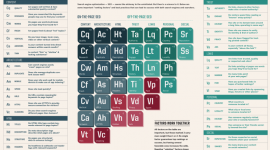What is Organic SEO?
In the realm of search marketing there two constants that continue to bring value: organic SEO and PPC. Website owners are either doing one or the other, or both, to generate and maintain constant online sales. Why? The Bottom Line. Revenue. Sales. If a website is not generating revenue then its a nonperforming asset and nonperforming assets get terminated.
Over the years, I’ve met many business owners who didn’t know their website’s revenue figures or revenue from online efforts. For search optimizers, like myself, that a website faux pas. Yet, in the business life’s cycle there has to be a beginning, a place to start, and goals to achieve especially when launching a website which brings us to organic SEO.
What is Organic SEO?
Organic SEO: The methods and tactics employed which enable a website to show up on search engines for specific search query. Lets get started lets look at some terms:
- Keyword/Keyphrase
- SERPS
- Ranking
Keyword/Keyphrase: The term, or terms, entered into a search query. In the example below, the keyphrase is “what is organic SEO?”. These are the terms in which a website should be built. If you’re targeting Marijuana in Seattle then the website’s title, or webpage title, should state exactly that. Also, build those keywords and phrases into the homepage, or landing page’s, content.

SERPs: Stands for Search Engine Results Page and is the page displaying websites that most closely match the word or phrase searched for.

Ranking: How a individual website is positioned upon that SERPs and in Google the rankings are in a #1 – #10 position before going to page 2. Remember, the higher the better as the #1 position receives far more clicks then sites appearing lower on the list.

Organic SEO Techniques
Implement keyword/keyphrase focused meta Title Tag, Description and Keywords. Here is a screenshot of our website’s title, description, and keywords.

As you can see, the website’s title, description, and keywords are targeted terms which we want this website to ‘rank’ for. If you’re using WordPress then check out the free version of All in One SEO from Michael Torbert as its user friendly and straight forward with no additional coding required.
Have intuitive navigational structure, aka links, to the MOST IMPORTANT pages on the website, not all pages. These links will help a search ‘crawl’ its way through the website and learn what information can be found. A search engine will then display the additional content pages.

Have newly update content from published articles or a blog; the most common way to publish new content is through a blog. A blog allows a site owner to publish relevant content keeping the site fresh, useful, and search engine friendly.
Build links from other sites to your site. This one of the hardest things to do and some reads are Low-Risk High-Reward Link Building, Dilemma with good and bad linking tactics, and Marysville Meadows Project: Outranking a Competitor.
In Conclusion
Organic SEO is the ability to show up in search engines without paying for placement, which is the case for PPC. It takes work, more work, and then more work which result in a long-term cost effective online marketing strategy. Another tip: don’t wait to get started as your competitors are already doing it.


